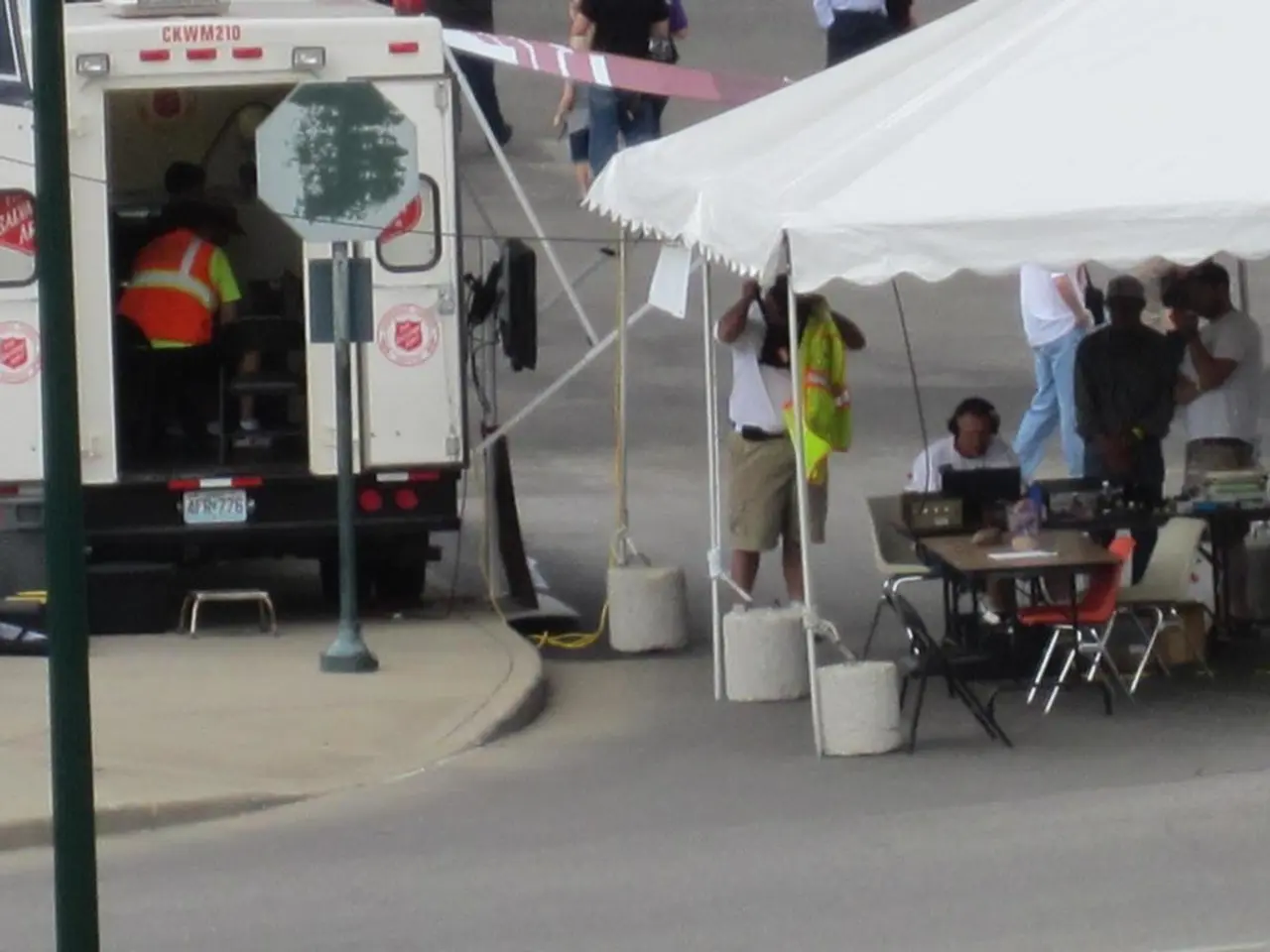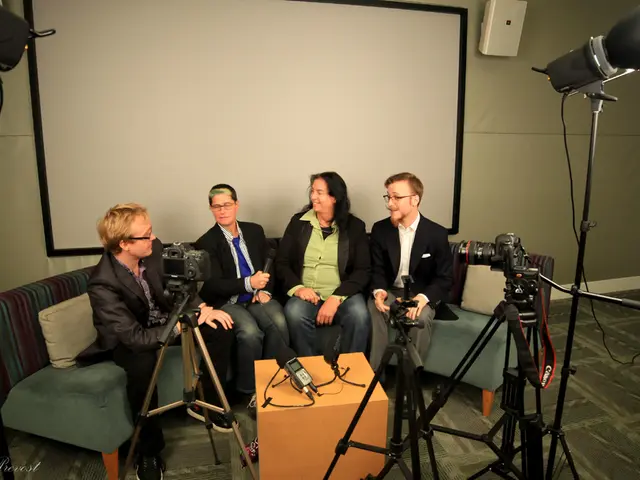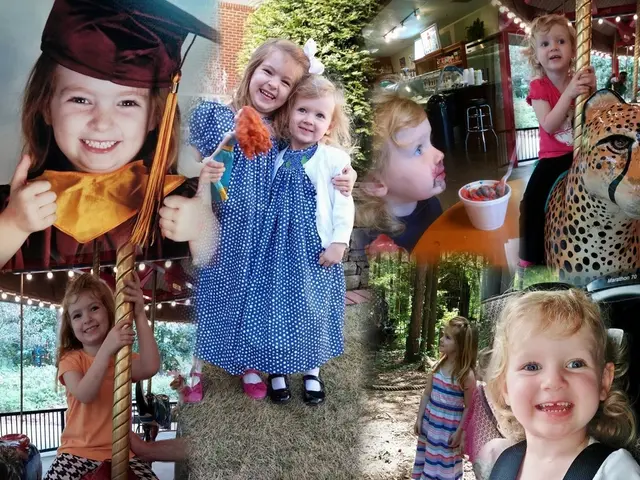Social Work Faculty Honors Bachelor Theses with Distinction
In the realm of healthcare, two groundbreaking Bachelor theses have recently been awarded by the Support Association of the Faculty of Social Work at the Catholic University of Eichstätt-Ingolstadt. Sonja Bosse and Christoph Müller, the recipients, have conducted research that could significantly impact the future of healthcare in Bavaria.
Sonja Bosse's thesis, titled "Views of Educators on Health Care Provided by a School Health Nurse in Bavarian Elementary Schools," investigates the potential establishment of school health nursing. Bosse's research finds a lack of sustainability in health prevention actions and projects, suggesting that the introduction of school health nurses could significantly improve health care, learning conditions, and health literacy for all involved.
Meanwhile, Müller explores the ethical attitudes of palliative care professionals towards voluntary fasting from food and drink through qualitative interviews. Müller's research, titled "Voluntary Fasting from Food and Drink - Attitudes and Positions in Multiprofessional Teams in Palliative Care," finds diverse attitudes but predominantly positive ones towards voluntary fasting from food and drink. Religious and cultural backgrounds can influence the attitudes of institutions and staff, according to Müller's findings.
The awards ceremony took place on 23.01.2025, in Eichstätt, with each winner receiving a prize of 500 Euros.
Current attitudes of palliative care professionals towards voluntary fasting from food and drink as an expression of end-of-life autonomy are complex and not fully standardized. Palliative care emphasizes respecting patient autonomy while ensuring comfort and dignity. Professionals acknowledge ethical complexities, balancing respect for this choice with their duty to relieve suffering and provide supportive care.
There is currently a paucity of standardized quality indicators and outcome measures specifically addressing voluntary fasting within palliative care frameworks. This limits the ability to systematically evaluate attitudes and practices around such decisions. Among palliative care clinicians—including doctors, nurses, and hospice staff—views vary depending on personal ethics, institutional policies, and legal frameworks.
When voluntary fasting is chosen, palliative care teams prioritize managing symptoms like thirst, discomfort, and psychological distress to ensure a peaceful dying process. Care also extends to supporting families in understanding and coping with their loved one's choice. There is growing openness in palliative care discourse to discuss death and dying, including practices like VSED, as part of helping patients live purposefully and die with dignity.
In summary, palliative care professionals today generally approach voluntary fasting for end-of-life autonomy with cautious respect, ethical reflection, and a strong emphasis on symptom relief and patient dignity, though formal consensus and standardized guidelines remain limited. This attitude reflects balancing patient rights with clinical responsibilities amidst evolving legal and societal contexts.
As for the future of healthcare in Bavaria, Bosse's research suggests that the introduction of school health nurses could bring about positive changes in the health care provided to children, particularly those with chronic illnesses who currently receive little support. The findings of Müller's research could contribute to a more nuanced understanding of the attitudes of palliative care professionals towards voluntary fasting, potentially leading to more informed and compassionate care.
Learning from Sonja Bosse's thesis, the implementation of school health nurses could significantly improve health care, learning conditions, and health literacy for students in Bavarian elementary schools, potentially benefiting children with chronic illnesses who currently receive limited support. Meanwhile, Christoph Müller's research delves into the attitudes of palliative care professionals towards voluntary fasting, shedding light on the complex ethical considerations involved and potentially leading to more informed and compassionate care in end-of-life scenarios.
Science and education could collaborate to enhance health-and-wellness and self-development opportunities by incorporating school health nursing and fostering discussions about palliative care practices like voluntary fasting, thus promoting a more holistic approach to healthcare.







